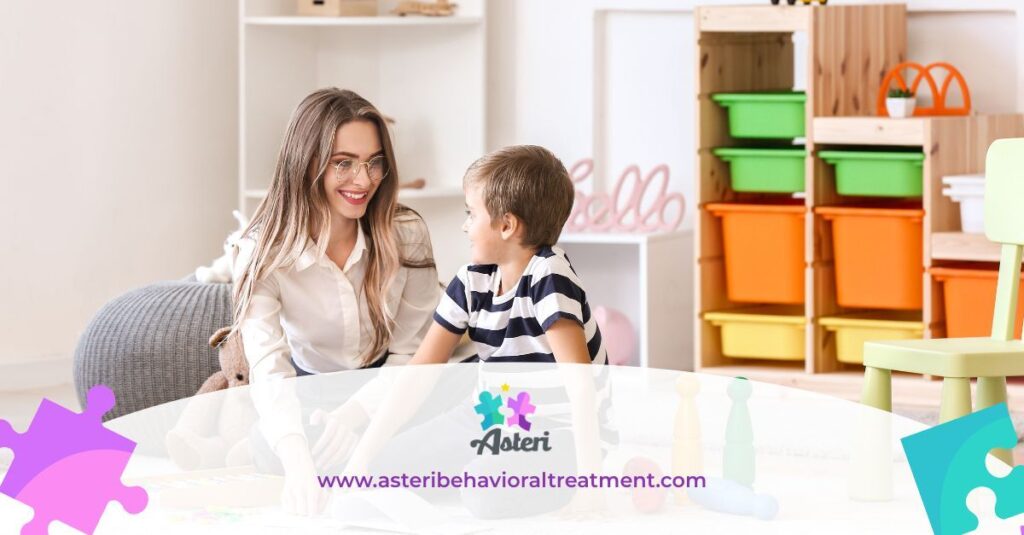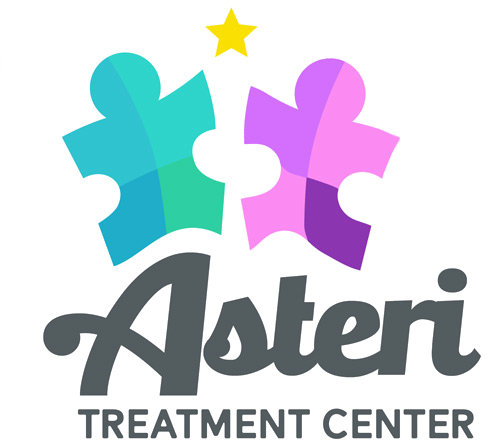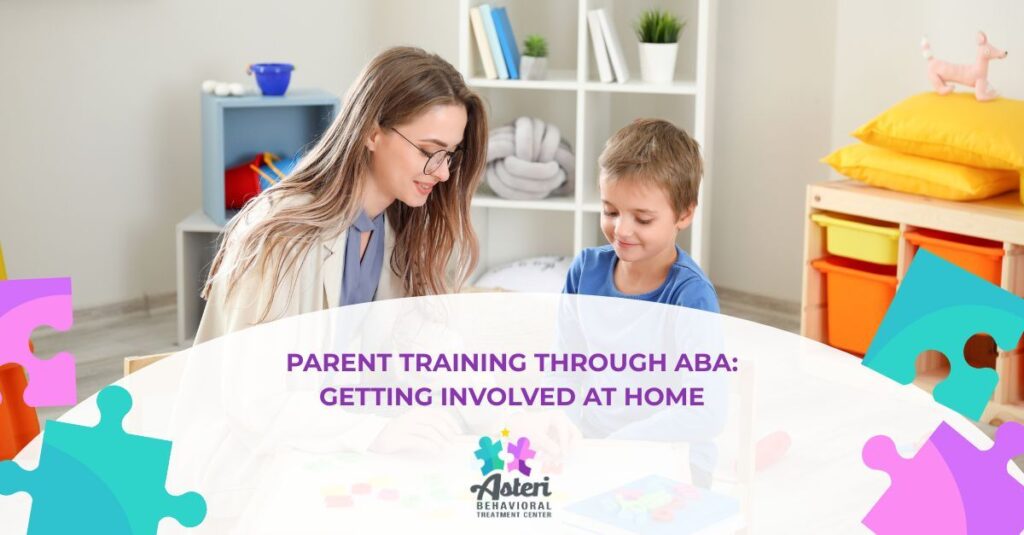When parents first learn their child will benefit from ABA therapy, many feel overwhelmed by unfamiliar terminology and techniques. Applied Behavior Analysis might sound complex, but its core principle is straightforward: understanding how environmental factors influence behavior to create meaningful, positive changes.
For Los Angeles families, accessing quality ABA services is just the beginning. The real transformation happens when parents become active participants in their child’s therapeutic journey. Parent training programs are revolutionizing how families approach behavioral interventions, extending the benefits of professional therapy into everyday home life.
This comprehensive approach recognizes that children spend most of their time with family members, not therapists. When parents learn to implement ABA strategies consistently at home, children experience faster progress and more sustainable behavioral improvements.
Understanding ABA Therapy and Its Core Principles
Applied Behavior Analysis utilizes proven science to identify how certain behaviors are influenced by environmental variables, with a focus on societal significance. The goal of this therapy is to develop, over time, a program for behavior change—whether it’s starting, altering, or even eradicating a behavior.
ABA therapy breaks down complex skills into smaller, manageable steps. Therapists use positive reinforcement to encourage desired behaviors while systematically addressing challenging ones. This evidence-based approach has decades of research supporting its effectiveness for children with autism spectrum disorders and other developmental challenges.
The methodology focuses on measurable outcomes. Rather than vague goals like “better behavior,” ABA sets specific, observable targets such as “requesting help using words instead of crying” or “completing a three-step morning routine independently.”
The Critical Role of Parent Training in ABA Success
Professional ABA sessions typically occur for a few hours per week, but children need consistent support throughout their daily routines. Parent training bridges this gap by teaching families how to maintain therapeutic strategies during meals, bedtime, playtime, and community outings.
Research consistently shows that children make greater progress when parents actively participate in their ABA programs. This involvement helps ensure behavioral improvements generalize beyond therapy sessions into real-world situations.
Parent training also empowers families to feel confident in their ability to support their child’s development. Instead of feeling helpless when challenging behaviors arise, trained parents have practical tools and strategies to respond effectively.
Core Components of Effective Parent ABA Training Programs
Data Collection and Monitoring
Parents learn to track their child’s progress using simple data collection methods. This might involve counting specific behaviors, rating intensity levels, or noting environmental factors that influence their child’s responses. Consistent data collection helps identify patterns and measure improvement over time.
Reinforcement Strategies
Understanding what motivates their individual child is crucial for parents. Training programs teach families how to identify effective reinforcers—whether that’s verbal praise, preferred activities, or tangible rewards—and how to deliver them consistently to encourage positive behaviors.
Antecedent Modifications
Parents discover how to set their child up for success by modifying environmental factors that trigger challenging behaviors. This might involve adjusting daily routines, preparing visual schedules, or creating sensory-friendly spaces at home.
Crisis Prevention and Management
Training programs equip parents with strategies to prevent behavioral escalations and safely manage challenging situations when they occur. These skills help families feel more confident navigating difficult moments while maintaining their child’s dignity and safety.
Tailoring ABA Training to Cultural Values and Family Dynamics
Los Angeles families come from diverse cultural backgrounds, each with unique values, traditions, and communication styles. Effective parent training programs recognize and respect these differences, adapting strategies to align with family values rather than imposing a one-size-fits-all approach.
Cultural sensitivity might involve incorporating bilingual communication strategies, respecting religious practices that influence daily routines, or adapting social goals to reflect cultural norms. At Asteri Treatment Center, we maintain a culturally sensitive therapeutic approach, keeping your child’s cultural values and traditions in mind as we develop therapy strategies.
Family dynamics also influence how ABA strategies are implemented. Single parents may need different support than two-parent households. Families with multiple children require strategies that work within busy, complex home environments. Extended family members who provide childcare may also benefit from basic ABA training to ensure consistency across caregivers.
Implementing ABA Strategies Across Different Environments
Home-Based Implementation
The home environment offers numerous opportunities to practice ABA strategies during natural routines. Parents learn to embed teaching moments into activities like meal preparation, getting dressed, or cleaning up toys. This naturalistic approach helps children generalize skills more effectively than practicing them in isolation.
Home implementation also addresses practical challenges like sibling interactions, household rules, and managing technology use. Parents develop strategies that work within their specific living situations and family rhythms.
School Collaboration
Successful parent training programs emphasize collaboration between home and school environments. Parents learn how to communicate effectively with teachers and school staff about their child’s ABA goals, ensuring consistent approaches across settings.
This collaboration might involve sharing successful strategies, coordinating reinforcement systems, or problem-solving challenges that arise in different environments. When parents understand how to advocate for their child’s needs and maintain open communication with educational teams, children benefit from seamless support.
Community Integration
Many families struggle with community outings due to behavioral challenges. Parent training addresses these real-world situations by teaching families how to prepare for grocery shopping, restaurant visits, or recreational activities using ABA principles.
Parents learn proactive strategies like creating visual schedules for outings, identifying potential triggers in public spaces, and developing emergency plans for challenging situations. With proper preparation and consistent strategies, families can enjoy community activities while continuing to support their child’s behavioral goals.
Measuring Success and Long-Term Outcomes
Effective parent training programs establish clear metrics for success that go beyond reducing challenging behaviors. Families learn to celebrate incremental progress and recognize improvements in areas like independence, communication, social interaction, and overall quality of life.
Regular assessment helps families and therapists adjust strategies as children grow and develop new skills. What works for a preschooler may need modification for a school-age child, and parent training evolves to meet changing needs.
Long-term outcomes often include increased family confidence, reduced stress levels, improved sibling relationships, and enhanced community participation. When parents feel equipped to support their child’s development, the entire family system benefits.
Overcoming Common Challenges in Parent Training
Time Management and Consistency
Busy families often struggle to implement ABA strategies consistently. Training programs address this challenge by helping parents identify realistic goals and integrate therapeutic activities into existing routines rather than adding extra tasks to already full schedules.
Sibling Dynamics
Other children in the family may not understand why their sibling receives different treatment or additional attention. Parent training addresses these dynamics by teaching families how to explain differences appropriately and ensure all children feel valued and supported.
Extended Family and Caregiver Buy-In
Grandparents, babysitters, and other caregivers may need education about ABA principles to maintain consistency. Training programs often include strategies for sharing information with extended support networks and addressing resistance or misunderstandings about behavioral interventions.

Frequently Asked Questions
How long does parent training typically take?
Parent training is an ongoing process that evolves with your child’s development. Initial intensive training may occur over several weeks, followed by regular check-ins and updates as new challenges arise or skills develop.
Can parents implement ABA strategies without professional supervision?
While parents can learn many ABA techniques, professional oversight ensures strategies are implemented correctly and adjusted as needed. The goal is to empower parents while maintaining quality therapeutic standards.
What if ABA strategies don’t seem to work at home?
This is common and often indicates the need for strategy modification rather than abandoning the approach. Professional support can help troubleshoot challenges and adapt techniques to better fit your home environment.
How do we involve siblings in ABA strategies?
Many ABA techniques benefit all children, not just those with diagnosed needs. Siblings can learn positive communication strategies, problem-solving skills, and empathy while supporting their brother or sister’s growth.
Building Stronger Families Through ABA Collaboration
Parent training transforms families from passive recipients of therapeutic services into active partners in their child’s development. When parents feel confident implementing ABA strategies at home, children experience more consistent support and faster progress toward their goals.
The journey requires patience, practice, and ongoing professional support, but the outcomes extend far beyond behavioral improvements. Families develop stronger communication patterns, increased resilience, and deeper understanding of their child’s unique needs and strengths.
For Los Angeles families seeking comprehensive ABA services that include robust parent training components, the investment in learning these skills pays dividends throughout their child’s development. At Asteri Treatment Center, we offer direct ABA therapy in your home, while your child is at school, or even when out in the community, and can specifically tailor this approach to your family’s needs.
The path forward begins with recognizing that effective ABA therapy extends beyond professional sessions into the heart of family life, where real learning and growth occur every single day.

